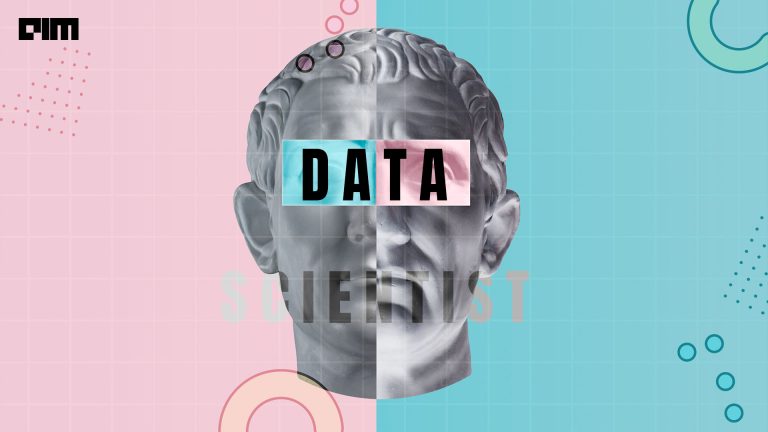The Game Theory has numerous applications in biology, economics and even artificial intelligence. The latest result of game theory’s application in machine learning is generative adversarial networks which have revolutionised the field of videos and images analysis. To put it simply, game theory is the study of mathematical models of strategic interaction between different kinds of decision makers. The game theory is also used predominantly in studying the behaviours of agents and their relations. Many advances in AI such as achievements in the game of GO, Jeopardy and Chess are tied to the use of game theory in chess.
Here is a list of books that can help a data scientist to start learning game theory:
1. Essentials of Game Theory: A Concise Multidisciplinary Introduction By Kevin Leyton-Brown and Yoav Shoham in 2008
This book is great because it covers a lot of areas relevant to people from many fields. The book brilliantly encapsulates a short and crisp introduction of game theory for readers of all fields. The introduction to game theory that this book gives is unparalleled and any professional reading the book can start formulating ideas for their fields after reading this book. The book minimises notation, ruthlessly focus on essentials and is still rigorous. The book also covers the main classes of games, their representations, and the main concepts used to analyse them.
2. Computational Aspects of Cooperative Game Theory By Georgios Chalkiadakis, Edith Elkind and Michael Wooldridge in 2011
Cooperation between agents is really important to accomplish great tasks. Cooperative game theory is a branch of economics and game theory that studies the behaviour of self-interested agents. These behaviours are studied in strategic settings where binding agreements among agents are possible and the book starts by defining transferable utility games is easy terms. The book then discusses two major issues that arise when considering such games from a computational perspective: identifying compact representations for games, and the closely related problem of efficiently computing solution concepts for games.
3. Rules of Encounter: Designing Conventions for Automated Negotiation among Computers By Jeffrey S. Rosenschein and Gilad Zlotkin in 1994
The book provides a unified, coherent account of machine interaction at the level of the machine designers (the society of designers) and the level of the machine interaction itself (the resulting artificial society). The book talks about the theory of high-level protocol design to enable machine interaction that is goal achieving. The authors of the book say, “While game theoretic ideas have been used to answer the question of how a computer should be programmed to act in a given specific interaction, here they are used in a new way, to address the question of how to design the rules of interaction themselves for automated agents”
4. Multiagent Systems: Algorithmic, Game-Theoretic, and Logical Foundations By Yoav Shoham and Kevin Leyton-Brown in 2009
Agents talking to each other and doing tasks together is very important for the future of AI. This book talks about how multi-agent systems can work. The book talks about how multiagent systems combine multiple autonomous entities, each having diverging interests or different information. The book also gives a very impressive overview of the fields from a computer science perspective and goes on about ideas from game theory, economics, operations research, logic, philosophy and linguistics.
5. Theory of Games and Economic Behaviour By John von Neumann and Oskar Morgenstern in 1944
You can not get a better book to introduce yourself to game theory because this book is seen as the book that introduced game theory to the world. This book is a classic work upon which modern-day game theory is based and rightly is the most influential book. The introduction to the book says, “In it, John von Neumann and Oskar Morgenstern conceived a groundbreaking mathematical theory of economic and social organisation, based on a theory of games of strategy. Not only would this revolutionise economics, but the entirely new field of scientific inquiry it yielded — game theory — has since been widely used to analyse a host of real-world phenomena from arms races to optimal policy choices of presidential candidates, from vaccination policy to major league baseball salary negotiations.”


















































































